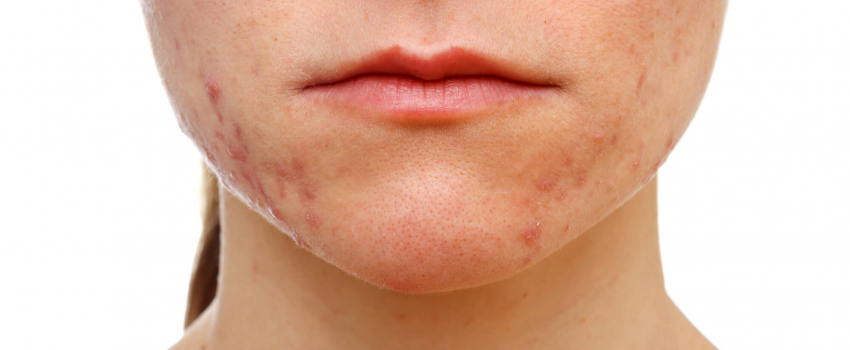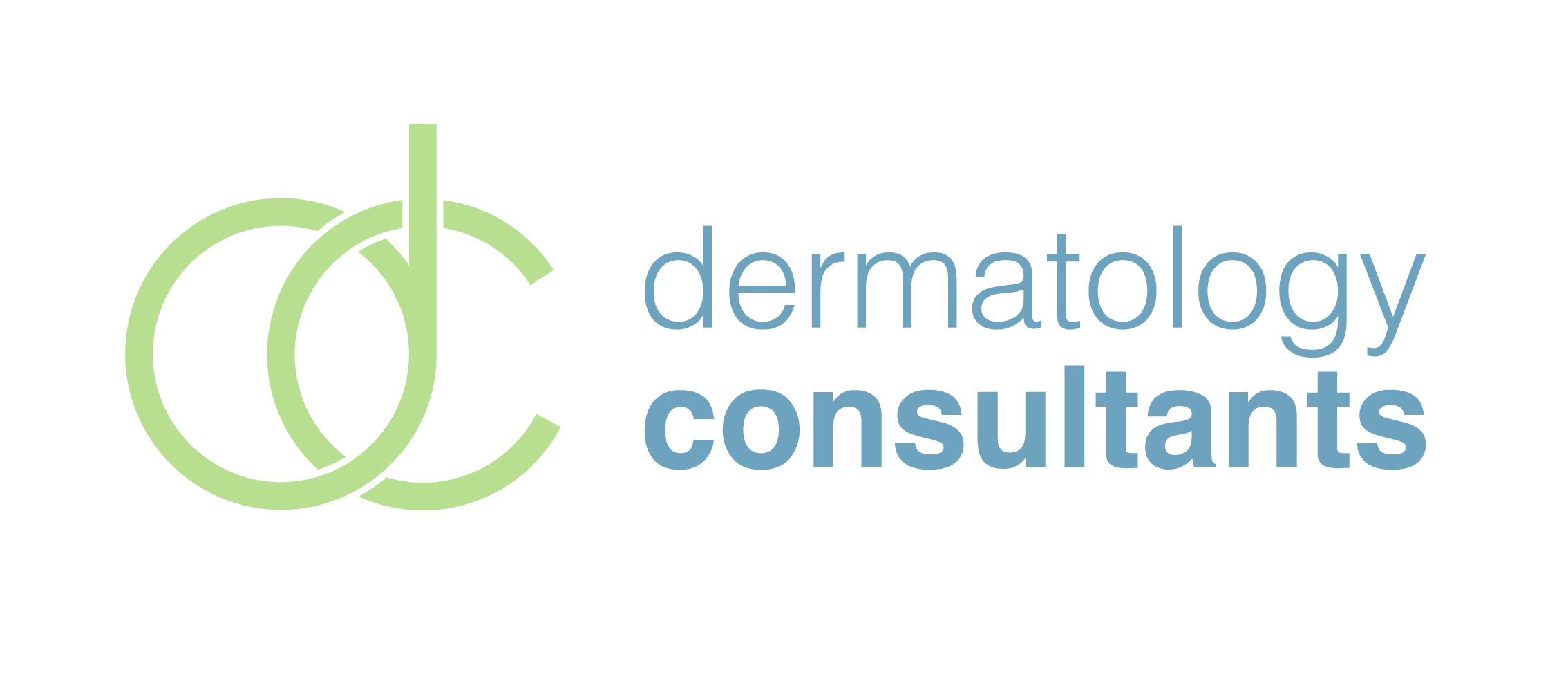
Teenage Acne Treatment in Short Hills & Morris Plains, NJ
Acne is the most common skin disorder in the U.S. according to The American Academy of Dermatology. Acne affects 85% of people between 12 and 24 whom experience at least a minor form of this skin condition. Studies indicate that the causes for acne affecting a great percentage of teenagers are a result of puberty and high levels of stress. During adolescence, hormones of both genders significantly increase causing imbalances; boys experience a spike in testosterone, and girls experience menstrual cycles. Increased hormone levels result in enlarged oil glands and production fluctuations, thereby causing frequent skin breakouts. For many teenagers who suffer from acne, the visible inflammation, redness and scarring affect a teen’s emotional health by lowing self-esteem. Teenage acne affects areas on the body, which have the highest population of sebaceous follicles: face, neck, back, chest and shoulders. Acne also appears in different shapes and sizes: whiteheads, blackheads, papules and cysts.
Short Hills Derm Uses the Most Effective Teenage Acne Treatments

Depending on the severity of the patient’s condition, there are various methods to treat acne. The severity of acne can also be hereditary. At Short Hills Dermatology, we treat patients in Essex County and the surrounding New Jersey area, with the most effective acne treatments for each patient’s case. In addition to OTC acne treatments that contain Benzoyl peroxide and antibiotics such as clindamycin, our doctors offer many other effective topical treatments including retinoids with Vitamin A and help unclog pores and Dapsone gel to reduce inflammation in larger in sized breakouts. Depending on each patient’s case, a cream may be used long term or only during breakouts. Our other top rated acne treatments include oral pills, laser acne treatments, Accutane and even chemical peels for acne.
Contact us Today!
For best teenage acne treatment plan near you, call Short Hills Dermatology at (973) 232-6245 or fill out our contact form today!
Treat Teenage Acne Today. Schedule An Appointment!


